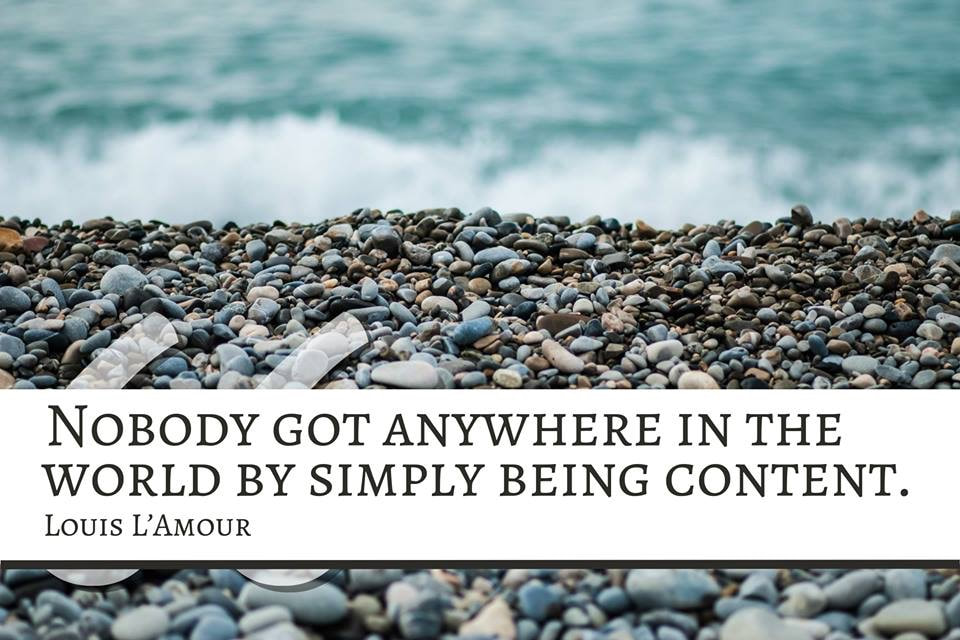|
During the past three weeks, I've been on more than a dozen calls with people who are looking for a ghostwriter. While they've come to the right place (yes, that is something I do), many of them don't actually need a ghostwriter; what they need is a book coach and an editor. But if one doesn't consider oneself a writer but has ideas for a book or a blog, sometimes the difference is unclear.
For example, in the early 2000s, I was hired by Women Unlimited's founder Jean Otte to ghostwrite what became Women Are Changing the Corporate Landscape, Originally, I was hired to conduct all of the interviews, do all of the research and to write the book, plus hire the editor and work with the printing company who would provide the paperback copies. Then, Jean and WU's president decided to write intros to the book, and my name was added to the front cover. This is similar to what happened to Tony Schwartz when he wrote The Art of the Deal for Donald Trump and his publisher (though Trump didn't write any of his own book). But those examples are a bit unusual because the ghostwriter is usually unseen or heard from, they are literally the invisible specter that makes the project happen or brings the blog or book to life. And because the ghostwriter does the research and conducts the interviews and does all of the writing and editing, she or he is paid a fee for the project. (In the case of books, this fee is in the thousands of dollars; for a blog, the fee will be in the hundreds, if you are hiring an experienced U.S.-based writer.) GHOSTWRITER VS. COACH AND EDITOR Some of the potential clients and clients I've talked to this month have drafts started of their books or have drafts written of their blog posts. Or they may have an idea and an outline and have the desire to write the book themselves, but need guidance. Some of these people have thought they needed a ghostwriter, when what they really need is a book coach and an editor. A Ghostwriter:
A Book Coach and Editor:
For book coaching and editing, combined prices start around $1,000 and can run as high as $5000, depending on the coach. Ghostwriting prices are determined by a number of factors such as experience of the writer, length of the proposed book, amount of original research required, turnaround time expected from idea to finished product, and if any of the book has been written and is expected to be cleaned up and incorporated. Some American-based websites claim book ghostwriting prices start at $5,000, and Upwork has people frequently looking for overseas ghostwriters in the hundreds of dollars price range. But If you want to hire an experienced ghostwriter and an experienced author to research and write a book-length manuscript for you, expect to pay a lot more than that. Ghostwriters who handle celebrities' books often earn over $50,000. Schwartz himself admits to receiving a six-figure advance plus a part of the royalties (the royalty part is very unusual for a ghostwriter as ghostwriter's receive the money upfront not residuals for years after publication). And Schwartz admits that he devoted a year and a half to Trump's book; it's that time and work that someone hiring a ghostwriter is paying for. Hiring a ghostwriter can be very beneficial if you have an idea and want to write a book but don't think you have the time or the skills to do so. Expect to work with the person closely, and to provide guidance when asked. After all, the finished product will have your name on the cover.
1 Comment
A survey of more than 7000 people by FlexJobs found that 30 percent of workers have left jobs because they wanted more flexibility in their work and their lives. People want flexibility for a number of reasons: some hate their commutes, some have family obligations, some want a better life-work balance, and some want flexibility to save time. I know when my husband commuted more than 40 miles one way each day--which took between one and two and a half hours each way depending on the day's traffic--he cherished the rare days he could work from home.
Having flexibility is also one of the reasons people choose freelance careers and/or self employment. And flexible means a variety of things, such as being able to work from anywhere, setting your own hours, choosing your own collaborators, creating a multi-faceted career, and choosing the actual work you do (and what you delegate or outsource). Flexibility may also mean choosing when you go into the office or to a client's and when you work from home, from somewhere remotely, or do meetings via Zoom, Skype or WebEx. Having flexibility in our work also means that we may be more productive and more contentment. The Flexjobs' survey showed that many people wanted flexibility in their schedules because they are pet parents, have caregiving responsibilities, or live in an area with a poor job market. Some jobs, obviously, lend themselves to more flexibility than others. But a few traditional occupations now have more flexible options (think telemedicine for doctors, for example). In fact, the breakdown of who wanted Job flexibility looks like this:
 Excerpt from Bigger Than the Mountains: You Can Achieve Business Success Each of us has a voice inside of us that tells us who we are and that directs us. Mine has told me since I was a young child that I would write. The same voice has also led me on a path to do a number of other avocations and vocations, even when my loved ones weren’t always supportive or didn’t understand. Part of being able to succeed in business is knowing exactly who you are and what your company is and does. For some people and businesses, this is a stumbling block. One client I had a few years ago who wanted me to coach him through the start-up of his entrepreneurial endeavors stumbled with this in the extreme. It was like he’d donned protective boots and hat and taken the first ten steps up the mountain only to decide he wasn’t sure about the scenery in that particular space and that maybe a peak on another continent was really where he should be. For a few weeks, we planned a restaurant. But then he got an idea for what he thought was a new kind of high heeled shoe and thought maybe that was the industry he should enter. Then initial research proved his idea wasn’t original so he changed courses to a third, fourth, and fifth idea, all in one year’s time. This not only made him difficult to coach, it made him unable to succeed at anything because he never stuck to anything long enough to see it through. Another client of mine, a university, was struggling with some of its core functions, such as the assessment of student learning and being able to prove to outsiders what their students learned and were capable of upon graduation. I asked them to return to their mission to see what was important to them, to give them a framework for reporting the information. In the workshop I was leading of a few hundred administrators and faculty members, not a single person could tell me the mission of the university. So we Googled it and found it buried on the university’s website. When I saw it, I wasn’t surprised they didn’t know it as it was more than half a page long. Additionally, we were all shocked to realize the mission of the university had nothing to do with students; they weren’t mentioned once. It’s almost impossible to succeed in business if your company isn’t clear on what it is and who it serves. Since many of you reading this are founders and CEOs of your own enterprises, you need to be clear on who you are, what you bring to the business (including your strengths and challenges), and why you are doing the business you do. Take a few moments and answer these questions: • What is my business’ core function? • Who does it serve? (Get specific about who your ideal client or customer is.) • What need does my business fulfill? • And how does it do this? • What makes me uniquely qualified in this endeavor? #entrepreneurship #freelancecareer #selfawareness #knowthycustomer |
AuthorJill L. Ferguson Archives
October 2025
Categories |


 RSS Feed
RSS Feed